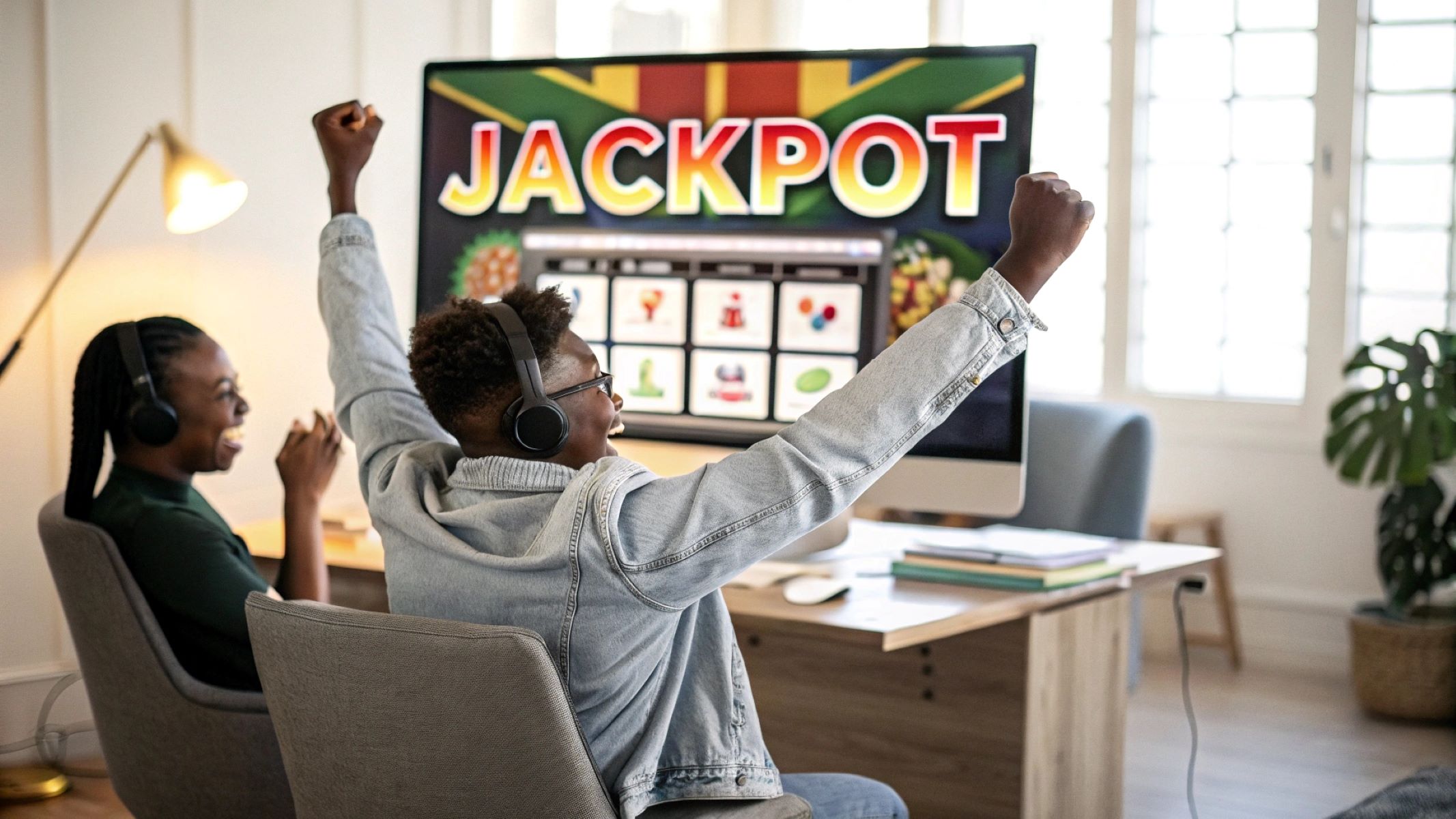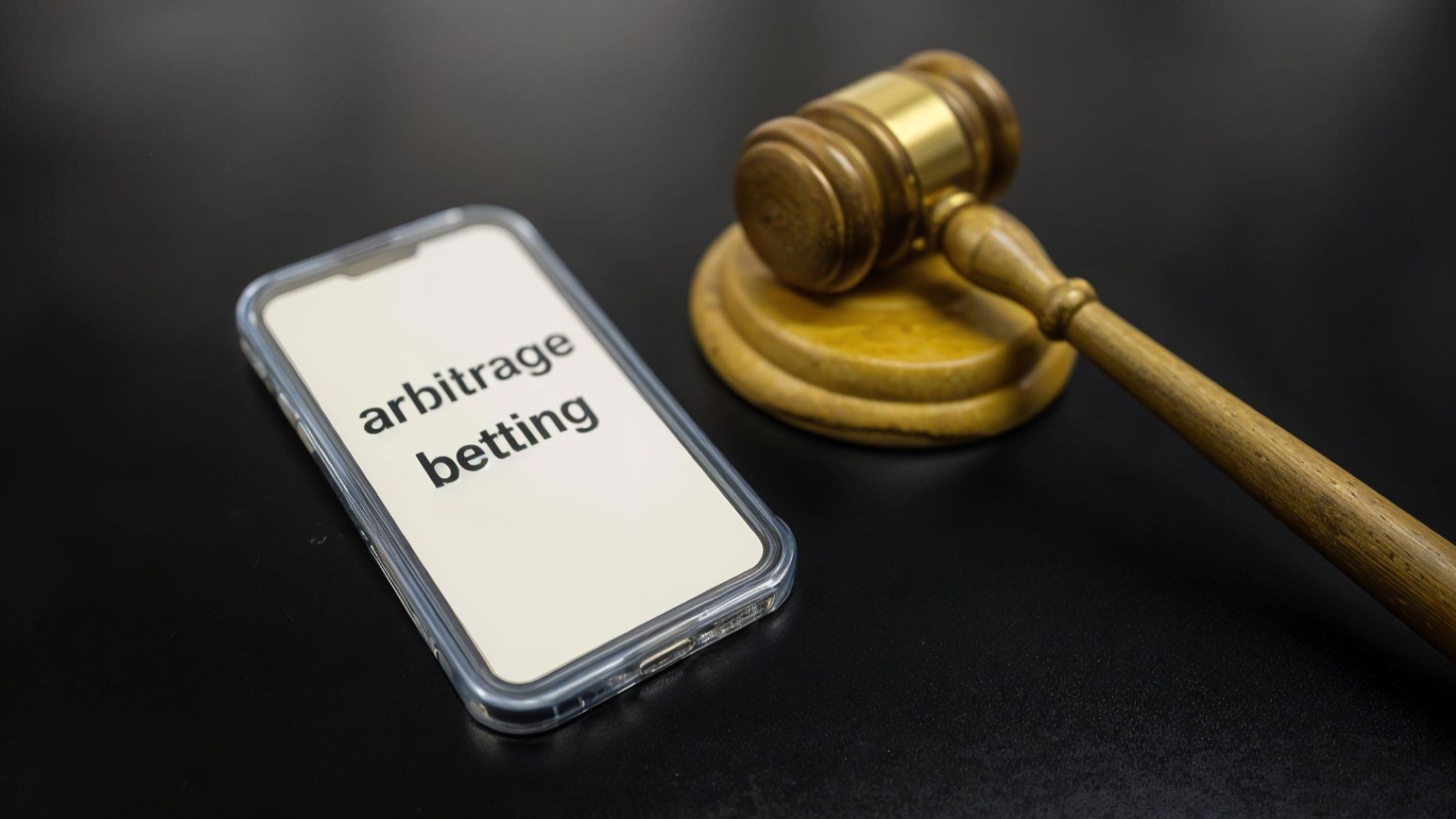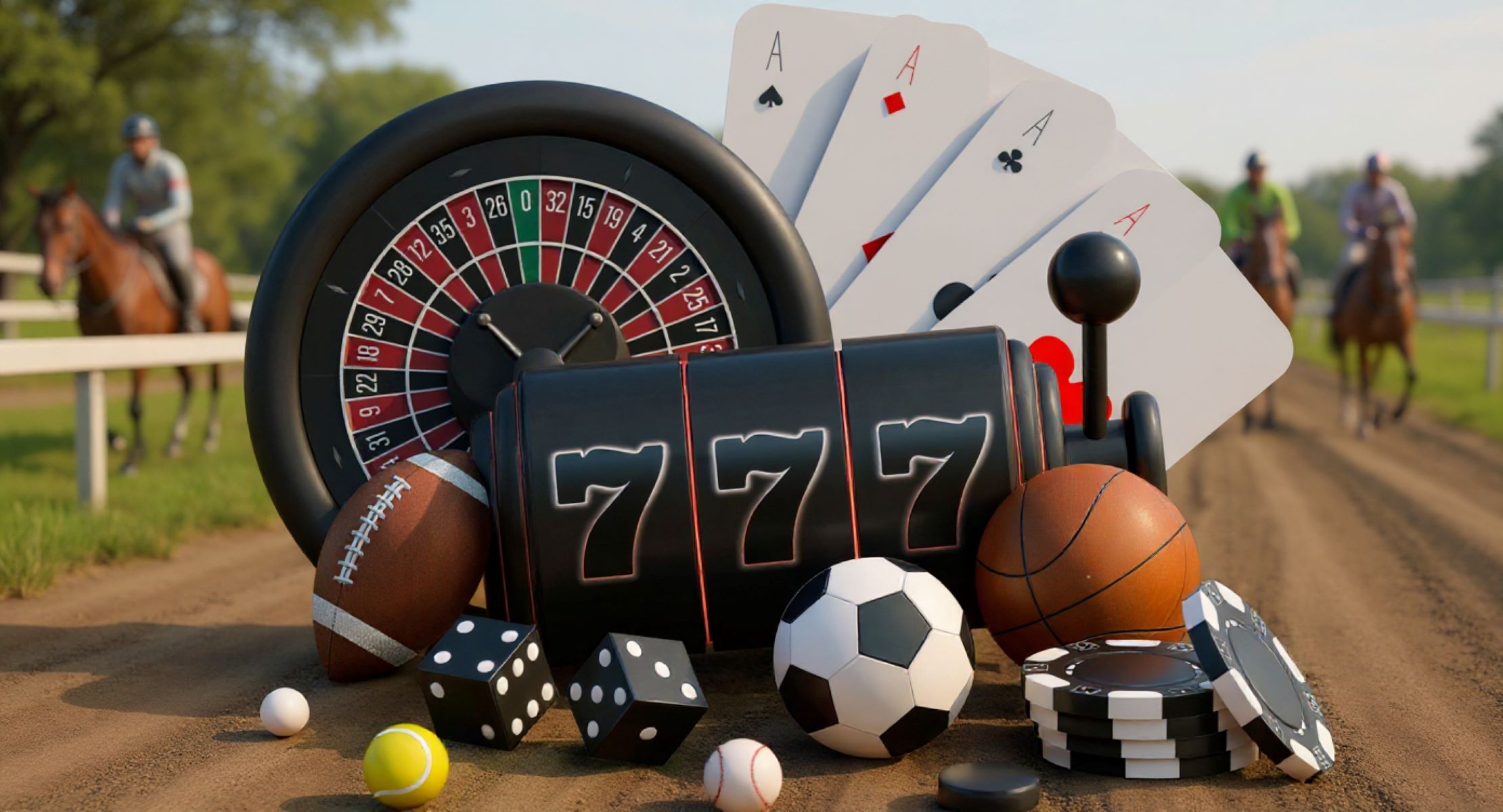Imagine hitting the jackpot at a casino—your heart races, your smile spreads ear to ear, and you’re already dreaming of that vacation, car, or new house. But then, the unthinkable happens. The casino refuses to pay.
Overview of the Gambling Landscape in South Africa
Legal Status of Casinos in South Africa
In South Africa, gambling is both legal and tightly regulated. Land-based casinos operate under a formal licensing system, and each province is responsible for issuing these licenses. These physical casinos are among the most regulated sectors in the country’s economy. Players can visit legally recognized casinos such as Montecasino in Johannesburg or Sun City Resort in the North West Province, both of which operate within strict regulatory frameworks. These casinos offer a variety of games, including slot machines, poker, blackjack, and roulette, all under the watchful eyes of gaming control boards.
However, when it comes to online gambling, the waters get murkier. As of now, only online sports betting is fully legal in South Africa, provided that the operator is licensed by a South African provincial authority. Online casino games—like slots, poker, and live dealer games—are technically illegal if they are offered by unlicensed or offshore operators. That means if you’re playing at an international online casino that does not hold a South African license, you’re taking a legal risk. Your winnings might not be protected, and you could be breaking the law simply by playing.
Regulatory Authorities That Govern Gambling
Gambling in South Africa is primarily governed by the National Gambling Board (NGB), which operates under the National Gambling Act. The NGB provides overall oversight and ensures uniform standards across provinces, particularly in terms of consumer protection, fairness, and integrity of the gambling industry. It also helps combat illegal gambling operations and works closely with law enforcement and financial intelligence units to curb money laundering and criminal activity associated with gambling.
In addition to the NGB, each of South Africa’s nine provinces has its own Provincial Gambling Board. These bodies issue licenses, monitor compliance, and handle disputes within their jurisdictions. Some of the most active provincial regulators include:
- Gauteng Gambling Board
- Western Cape Gambling and Racing Board
- KwaZulu-Natal Gaming and Betting Board
These regulators play a crucial role in ensuring that licensed casinos follow all rules and that gamblers are treated fairly. They also set the guidelines under which a casino can confiscate winnings—which we’ll explore next.
Can Casinos Really Confiscate Your Winnings
Short Answer: Yes, But Under Certain Circumstances
Yes, South African casinos—whether land-based or online—can legally confiscate your winnings, but only under very specific conditions. These conditions are usually outlined in the casino’s terms and conditions, which players agree to when they start gambling. If a player breaks these rules—intentionally or unintentionally—the casino may have legal grounds to withhold payouts. Confiscation doesn’t happen randomly or without justification; in fact, casinos must document and report any such incidents, especially if the value of winnings is significant.
The legal grounds for confiscation usually include:
- Use of fake or stolen identification
- Gambling while underage (under 18)
- Self-excluded individuals returning to play
- Suspected fraud or money laundering
- Exploiting technical glitches or software errors
Each of these reasons falls under either regulatory violation or breach of casino policy, which can be lawfully enforced in court. If you are caught in any of these scenarios, your winnings can be confiscated, and in some cases, you could be banned or even prosecuted.
Is It Common? Not Always, But It Happens
While confiscation of winnings isn’t something that happens every day, it’s not unheard of either. There have been multiple cases in South Africa where players have lost substantial amounts of money due to failing to comply with casino policies or national gambling laws. In most of these instances, the players were either unaware of certain rules or ignored key terms and conditions—particularly those involving identification and eligibility.
Common real-world examples include:
- A player under the legal age winning thousands and later being caught during a routine ID check
- A self-excluded individual sneaking back into the casino and then attempting to cash out
- A player using fake documentation to claim a jackpot
- An online player using VPNs to access restricted platforms
- A gambler exploiting a software error on a slot game
What these cases have in common is that they were avoidable. Most confiscations occur when gamblers don’t take the time to understand the rules or attempt to cheat the system. While rare, the fact that it does happen is enough reason for every gambler in South Africa to be cautious and informed.
Legal Reasons Casinos Can Confiscate Winnings
In South Africa, casinos are legally entitled to confiscate your winnings under certain clearly defined circumstances. These are not arbitrary actions—they are backed by national and provincial gambling laws and are typically outlined in each casino’s terms of use. Below are some of the most common legal grounds that could lead to forfeiting your hard-earned prize.
| Offense | Description | Consequence | Legal Basis |
| Using False ID / Fake Documents | Providing another person’s ID or forged information | Winnings confiscated, lifetime ban | Gambling Act, FICA Compliance |
| Underage Gambling | Gambling before turning 18 | All winnings forfeited, possible ban | National Gambling Act |
| Self-Exclusion Violation | Gambling after voluntarily excluding yourself | Winnings voided, possible treatment referral | Provincial Gambling Regulations |
| Money Laundering or Suspicious Play | Playing with dirty money or suspicious behavior | Funds seized, legal investigation launched | FIC Act, Gambling Board Investigations |
Using False Identification or Fake Documents
Casinos in South Africa operate under strict identity verification laws, particularly to combat fraud and ensure fair play. If a player attempts to enter a casino using a forged ID, someone else’s identification, or falsified information, it is considered a criminal offense. This includes online casinos, which require ID documents for withdrawals. Not only will your winnings be confiscated, but you can also face a permanent ban from the establishment. In some cases, it could even result in criminal charges under South African law.
This practice violates the Financial Intelligence Centre Act (FICA), which requires casinos to verify the identity of players to prevent financial crimes such as money laundering. Casinos are obligated to report any suspicious identification attempts, and they reserve full rights to deny payouts if deception is involved. Remember, even if you win fair and square, using false documentation instantly nullifies your claim to the money.
Underage Gambling – A Clear No-No
Gambling laws in South Africa clearly state that you must be 18 or older to participate in any form of legal gambling, including visiting land-based casinos or betting online. If a minor somehow manages to sneak into a casino and wins, all winnings are automatically forfeited, regardless of the amount. Casinos are very thorough when it comes to checking identification, especially before large payouts, so underage players will almost always get caught eventually.
In recent years, there have been numerous high-profile cases of underage gamblers being caught and stripped of their winnings. Even if the person looks older, the moment they are discovered to be underage, the entire gambling session becomes invalid. This rule is non-negotiable and enforced nationwide to protect minors and encourage responsible gambling habits in South Africa.
Self-Exclusion Violations
Self-exclusion is a system put in place to help individuals who struggle with gambling addiction. A person can request to be added to a national or provincial self-exclusion list, which prohibits them from accessing gambling services for a predetermined period. If someone violates their own self-exclusion and manages to gamble—whether at a land-based casino or online—the casino has the full right to void any winnings, even if the session was otherwise legitimate.
Casinos are expected to maintain a database of self-excluded individuals and verify players against it during check-in or when processing withdrawals. However, if a person manages to bypass this system and is later identified, the casino must confiscate all winnings and may even report the violation to local health or counseling services. The goal is not to punish, but to enforce personal safety measures for problem gamblers.
Breach of Casino Rules and Policies
Violating Terms of Service
Every legitimate casino—whether land-based or online—has a comprehensive set of terms and conditions that all players must agree to before playing. These rules govern everything from game mechanics to bonus eligibility. If a player violates these terms, even unintentionally, the casino can withhold winnings and sometimes even suspend or permanently close the account. These violations include bonus abuse, multiple accounts, use of prohibited software, or unauthorized strategies like hedging bets.
For example, let’s say you receive a welcome bonus with a wagering requirement of 30x. If you withdraw your winnings before meeting that condition, you’ve broken the terms—even if you weren’t aware of it. Online casinos in particular are very strict about this and will often cancel all winnings derived from bonus misuse. It’s crucial to read and understand the fine print, because casinos are under no obligation to pay out winnings that result from rule violations.
Card Counting or Unfair Advantage Play
Card counting, while not illegal under South African law, is heavily frowned upon by casinos. It involves keeping mental track of the cards played to gain a statistical advantage over the house. Casinos consider it a form of “advantage play” and have systems in place to detect such behavior. If you’re caught card counting, a casino has the right to ask you to leave, ban you, and withhold your winnings, especially if they believe your actions violate the spirit of fair play.
Other unfair methods, such as using electronic devices, software tools, or collusion with other players to cheat or manipulate outcomes, are considered serious violations. In these cases, the consequences are even more severe and may include legal prosecution, blacklisting, or fines. Casinos in South Africa work closely with gaming commissions and have advanced surveillance systems to detect such behavior quickly. So while advantage play might sound clever, the risk far outweighs the potential rewards.




